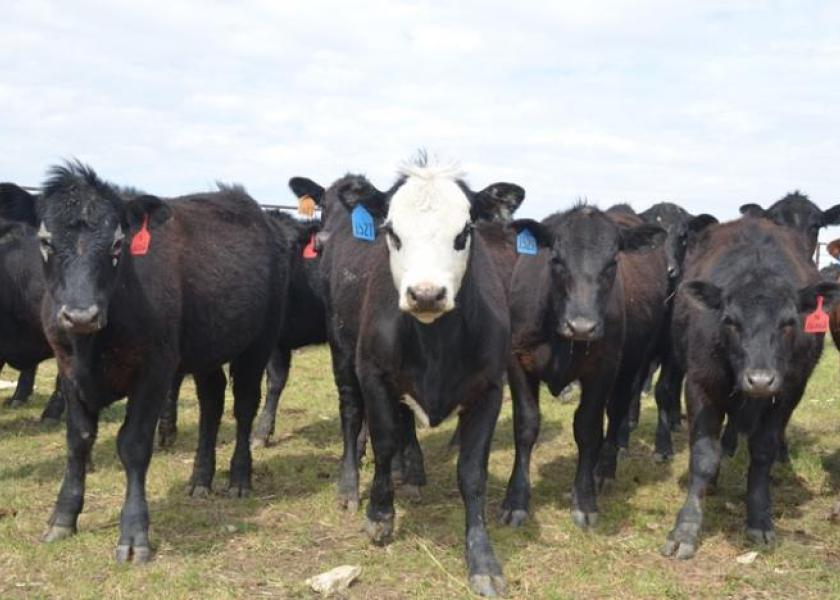Texas Tech Investigates Antimicrobial Resistance in High-Risk Cattle

With the world dealing with a global pandemic thanks to the COVID-19 virus, the food supply chain has seen drastic changes as public consumption and purchasing habits have changed. Those changes are having a particular effect on supplies of beef, chicken, pork and other meats.
Food industry experts and farmers have worked extensively to deliver safe meat for the public, long before the coronavirus ever came into existence. Reducing the amounts of antimicrobials used in food animals is of particular concern in order to produce the healthiest meats possible. Now, that effort will have help from Texas Tech University.
Kristin Hales, a researcher in the College of Agricultural Sciences & Natural Resources, has been awarded a near-$1 million grant as part of a larger initiative from the United States Department of Agriculture (USDA) to mitigate antimicrobial resistance (AMR) across the food chain.
Hales, the Thornton Distinguished Chair and associate professor in the Department of Animal & Food Sciences, received an award for $999,998 from the USDA’s National Institute of Food and Agriculture (NIFA) for her project, “Investigating the Emergence and Ecology of Antimicrobial Resistance in High-Risk Beef Cattle.
The project, in collaboration with the Texas Tech University School of Veterinary Medicine in Amarillo, the University of Nebraska in Lincoln and the USDA Agricultural Research Service (ARS) U.S. Meat Animal Research Center in Nebraska, will seek to identify how (AMR) develops and is spread in beef cattle, and develop mitigation strategies to reduce AMR incidents throughout the beef industry.
“To achieve our goals, we have assembled a highly qualified, interdisciplinary team with expertise in food safety, gastrointestinal microbial ecology, microbiome, ruminant nutrition, animal health, disease, epidemiology and outreach,” Hales said.
Hales’ five-year research project has several objectives in order to attain its goal:
- Understand the emergence and transmission of AMR in high-risk cattle in the beef production system.
- Implement new, science-based strategies for metaphylactic use of antimicrobials that reduce AMR spread in high-risk cattle.
- Evaluate baseline levels of AMR reservoirs in commensal and pathogenic bacteria within high-risk beef cattle longitudinally from feedlot arrival to harvest.
- Help current and future veterinarians and cattle nutritionists understand potential food safety risks due to AMR while helping them deliver the best advice possible for cattle health.
“Understanding the role of commensal and pathogenic bacteria and their likelihood or capability of becoming resistant to antimicrobials is difficult because it is a complex process,” Hales said.
Hales anticipates the study will produce critical information to control the development of AMR and produce science-based methods to mitigate AMR in beef production. Having this information is critical to the food supply and food chain sustainability and to reducing the use of antimicrobials in cattle.
Her first long-term goal in the research project is identifying strategies that reduce AMR in a feedlot cattle production setting. The second long-term goal is to develop an alternative to the drug tylosin phosphate that is used to control liver abscesses in cattle.
The expectation is that by identifying sources of AMR bacteria and reducing the amount of antimicrobials used in beef cattle, the potential spread of AMR can be reduced, therefore preserving antimicrobials for human and animal therapeutic uses, improving food safety and strengthening the food supply chain.







